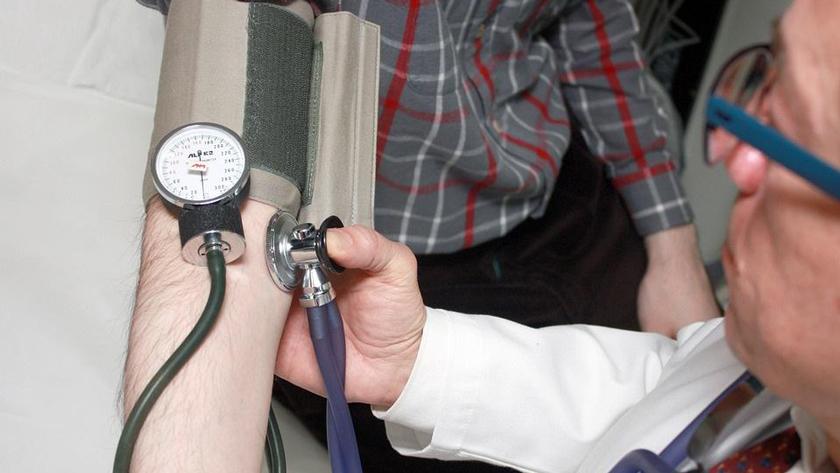Digital alerts ‘improve heart failure drug prescribing’

Digital alerts tied to electronic health records (EHR) make it more likely that doctors prescribed medicines for heart failure in accordance with guidelines, according to a new study.
The research – presented at the American College of Cardiology (ACC) congress over the weekend, found that doctors who received the alerts were 2.5 times more likely to prescribe mineralocorticoid receptor antagonists (MRAs) to patients with heart failure.
MRAs like spironolactone or eplerenone are a tried-and-tested therapy for heart failure with reduced ejection fraction (HFrEF), but are known to be under-used, with one US study in 2019 finding that nearly 90% of eligible patients did not have an MRA prescribed.
That could make them more likely to progress and require hospitalisation sooner, and other research has blamed this treatment gap for more than 20,000 preventable deaths each year in the US.
The study presented at ACC looked at two separate tools designed to encourage doctors to prescribe MRAs: either an alert delivered via the EHR system delivered during a patient consultation or a monthly email message encouraging use of MRAs in HFrEF.
Researchers led by Amrita Mukhopadhyay of NYU Grossman School of Medicine divided 18 cardiologists into three arms, one for each digital alert format, and another control group that received no alerts.
Over a period of six months, the doctors saw 2,100 patients who were eligible for MRAs, but had not previously been prescribed an MRA drug. At the end of the study, MRAs had been prescribed to 30% of those patients seen by the group getting HER alerts, compared to 16% of those seen by doctors getting inbox messages and 12% of the control group.
The EHR alerts were deemed likely to be the most effective because they were highly targeted at cardiologists and only appeared when a patient’s history made them eligible for MRA therapy. For example, no alert would be sent if the patient was unlikely to benefit from the drugs or had contra-indications.
“This shows the power of electronic tools and reminders to dramatically improve care across a wide population of patients,” commented Mukhopadhyay. “By compiling key information in one place, the system may help providers spend less time searching through medical records during a visit and more time speaking with their patients.”
She added, however, that “because there are also drawbacks of alerts or messages, it is really important to continue to do studies and look at what is effective for a specific scenario.”
Most EHRs have some sort of alert functionality, so, according to Mukhopadhyay, this type of intervention should be feasible for most healthcare systems to implement.
Image by Alterio Felines from Pixabay.













